We ask caregivers who come to Babies Project with toddlers to follow these guidelines.
- Transitions can be challenging for toddlers (of all ages).
- We encourage you to respect their timing about entering the room, choosing to play, and choosing to return to you for orientation, comfort, or cuddles.
- We encourage you to appreciate that toddlers are fully and intensely immersed in becoming themselves.
- We believe that allowing each child to tell their own story and make their own meaning supports their sense of agency.
- We encourage you to comment on your child’s (and other children’s) actions in non-deterministic, non-judgmental ways, and in a way that acknowledges that what is true in any given moment may change.
- For example, instead of describing a child as a “picky eater,” we might say that they currently prefer eating only a few foods, or that we’re frustrated trying to figure out what to feed them right now.
- Toddlers need to develop a sense of self and a sense of ownership before they can understand ‘sharing.’
- Instead of language about sharing – we suggest finding ways to:
- encourage the toddler to follow through on their experience and tell us when they are finished with what they are doing, and
- help the toddler to build awareness of other people, by letting them know that another toddler is waiting
- We can model generosity and help them navigate getting what they want, without expecting them to share.
- Instead of language about sharing – we suggest finding ways to:
- We continue to shape their environment, and to frame the experiences they have.
- We look for opportunities to offer structure and consistency within which there is freedom to explore – and to come up against and navigate their own and outside limits.
- Crying is a reasonable response to some situations (at all ages). We try to create a space where crying is not a problem, and doesn’t need to be suppressed.
- We encourage you to be with your toddler in whatever they are expressing, as much as you have the capacity for.
- We can acknowledge and validate their feelings – even if we say “no” to a behavior.
- You are welcome to come and go anytime. You do not need to be present for the whole class.
- Please, no cell phones and no photos in the room.
- The IDMEs have expertise in developmental movement from birth to walking for the normal developmental spectrum. We may have opinions on nutrition, medical conditions, etc. but as IDMEs we aren’t trained in these areas.
- Stay with or be aware of your toddler. The room is often full, and IDMEs don’t take responsibility for tracking every toddler in the room.
- Feel free to nurse, feed and/or change your toddler in the room.
- We encourage parents and caregivers to get down on the floor with the toddlers, so we suggest you wear clothes comfortable for moving around.
- We suggest (but do not require) that you change your toddler from diapers into cloth underwear, which allows for more movement in the pelvis, hips and legs. We provide the underwear, and are fully prepared to clean up lots of pee (and launder the tiny undies each week). There’s a chance the toddler’s clothes (or yours) will get peed on, so a spare set of clothing could be a good idea.
- You are welcome to stay in the common area area to talk, feed, and get ready to go back out into the world.
- We encourage you to come back as regularly as you like. Please book online or email us at babies@babiesproject.org each week when you are planning to come. Please also check the schedule to see if there are cancellations.
- Spread the word, little ones who are anywhere between taking a few independent steps, all the way up to three years old are welcome to join Toddlers. If you know someone new who would like to come, please ask them to register ahead here.
The IDME’s role:
Be with the toddler, as a witness and in relationship to what the toddler is doing.
Support the toddler’s comfort, so they can follow their curiosity and learn through their own agency.
Appreciate and start from where the toddler is, and focus on the process rather than meeting developmental timelines.
Follow the toddler’s rhythms of attention as they move from outer exploration to inner processing.
Support a balance between flexion and extension, and offer different experiences of “baby ball” as a resource for recuperation and self-regulation at all ages.
Show possibilities for handling and moving the toddler that encourage their spatial awareness and support movement pathways.
What our Toddlers sessions offer:
Opportunities to observe how much is already happening with a toddler.
Space to ask questions about a toddler’s process, and how to support them.
A chance to be supported in making choices that value the many different ways that development can unfold, and that value the relationships between caregivers and children.
* * *

